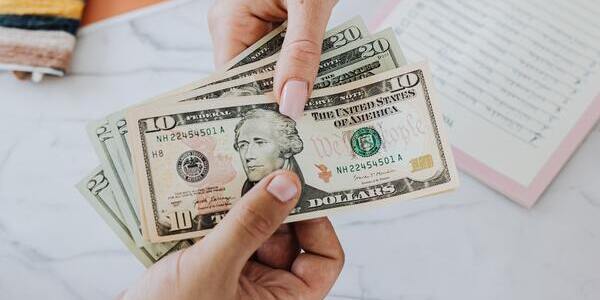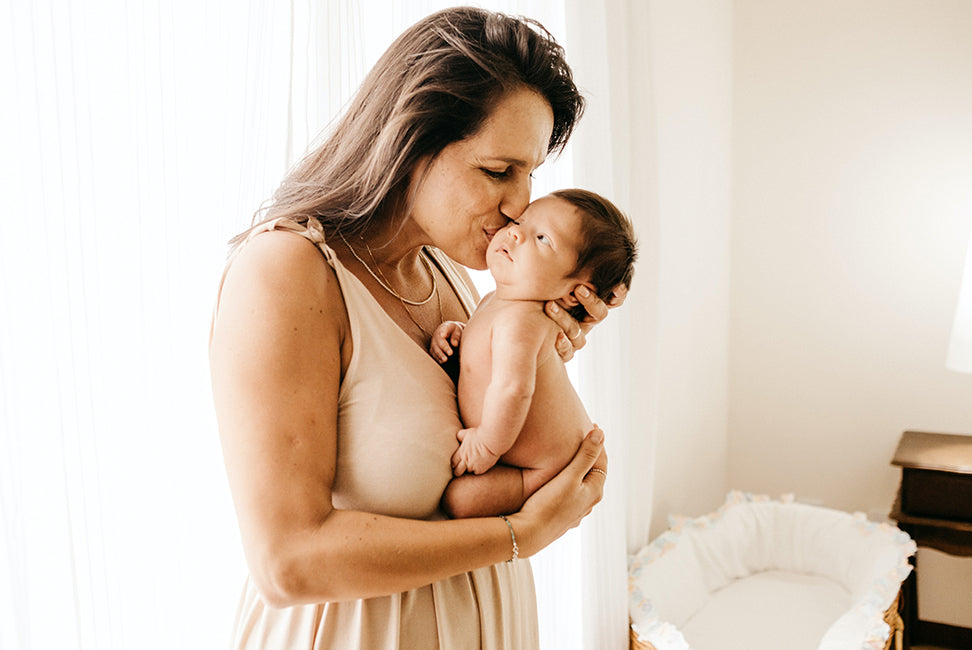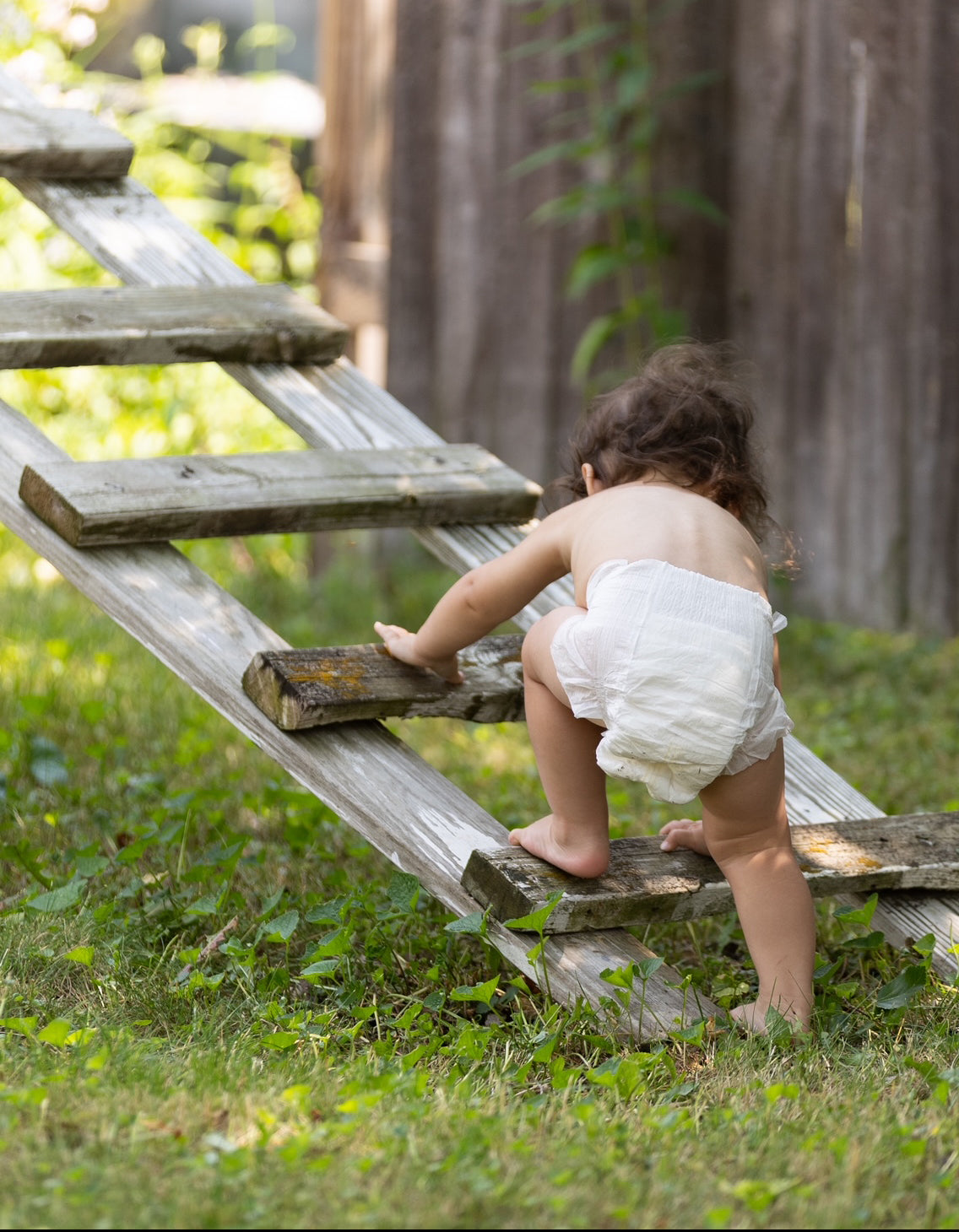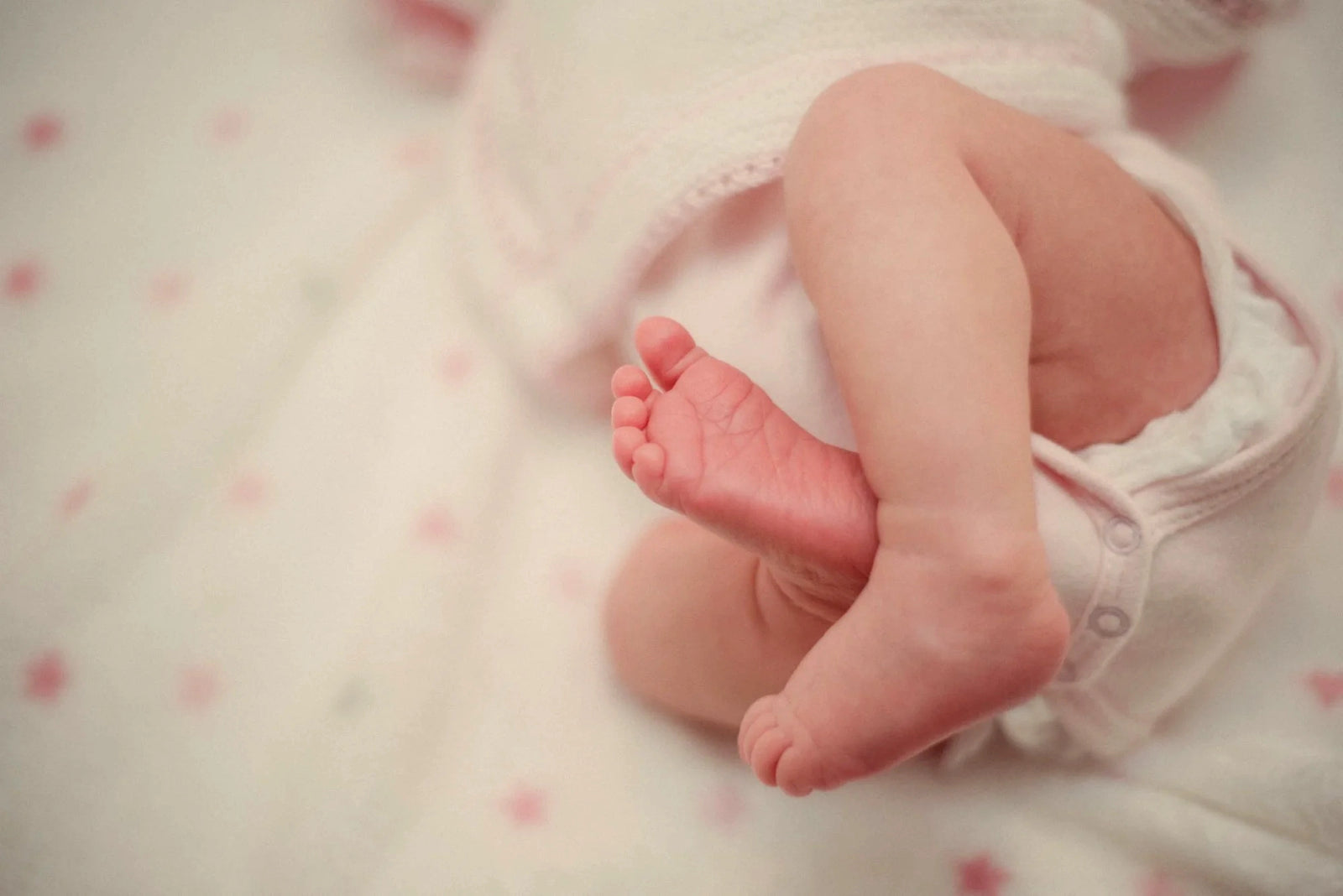Providing the best life for our little ones is our number one priority when welcoming a new life into this world. The best food, medical care, schooling, and parenting all tend to fall to the top of our lists. But what if you were unable to provide an even more basic need for your child? Child diapers, wipes, and the frequency in which we change our child’s soiled diaper seems like a simple/common task, similar to purchasing toilet paper for ourselves, yet 1 in 3 mothers experience children's diaper need in the U.S. Diaper need can lead to a very serious and unfortunate illness, postpartum depression.

On average, babies go through 10-12 diapers a day, which can easily up the diaper need level cost up to $100 each month just for an item that has to be thrown away every couple of hours. It takes approximately 1.5 hours at the federal minimum wage just to purchase one pack of diapers. In turn, 33 percent of mothers struggle to provide enough diapers for their growing infants. That being said, one would imagine that there would be government programs in place for diaper need in the U.S., but diapers, unlike food, are currently not an allowable expense in U.S. antipoverty programs.

Whilediaper need has received little recognition in research literature, it is a very real and dangerous trigger for the decline of mothers’ mental health. Recent studies including one done by Yale in cooperation with the National Diaper Bank Network, have shown that this need and inability to provide basic diaper needs for their child potentially lead to heightened postpartum depression, anxiety, guilt and frustration in mothers. When a mother is unable to change their baby’s soiled diaper, many have reported feeling as though they are failing as a parent. How can we blame them? We would all feel the same way if we knew we couldn’t keep our precious child clean, healthy, or comfortable, through meeting basic diaper needs. Unlike other forms of material hardships, diaper need poses such a significant threat to mothers’ mental health since there is no support in place to provide assistance meeting this basic need. More needs to be done to help mothers struggling in poverty because postpartum depression is a very serious illness that puts not only 1 in 7 new mothers at risk, but also their infants. Helping new mothers get up and moving through exercise after birth is another way to combat postpartum depression. Research shows that inability to provide basic needs, means no foundation for raising children and families to their full potential, not to mention the heightened suicide risk that comes with postpartum depression, leaving infants without any sort of care.
So what is being done and what can we do to help basic diaper need efforts? To start, a federal task force is recommending that healthcare professionals, social workers and the like need to increase screening and treatment for low-income and struggling mothers that may be affected by this illness. The right questions need to be asked, postpartum depression symptoms need to be recognized, research needs to increase, more diaper banks opened in order to provide free diapers and government aid needs to be given if there is any hope of helping mothers in poverty and low income families before it’s too late. Diaper cost being the way it is currently can be incredibly hard to sustain for many.

Here at Believe, we have implemented our 1 for 1 Diaper Matching Program. This means that for every Believe Diaper that you buy, we donate a Believe Diaper to a U.S. family in need. Furthermore, we have partnered with Good+Foundation, a leading national nonprofit that works to dismantle multi-generational poverty by pairing tangible goods with innovative services for low-income fathers, mothers and caregivers, creating an upward trajectory for the whole family. Check out some of these other leaders paving the way for more effective positive changes towards childbirth. These are just small steps that Believe and our customers are taking to help alleviate one small aspect of this crippling illness for mothers, but we believe that if we all work together, we can recognize, bring awareness, and help alleviate diaper need in America.



